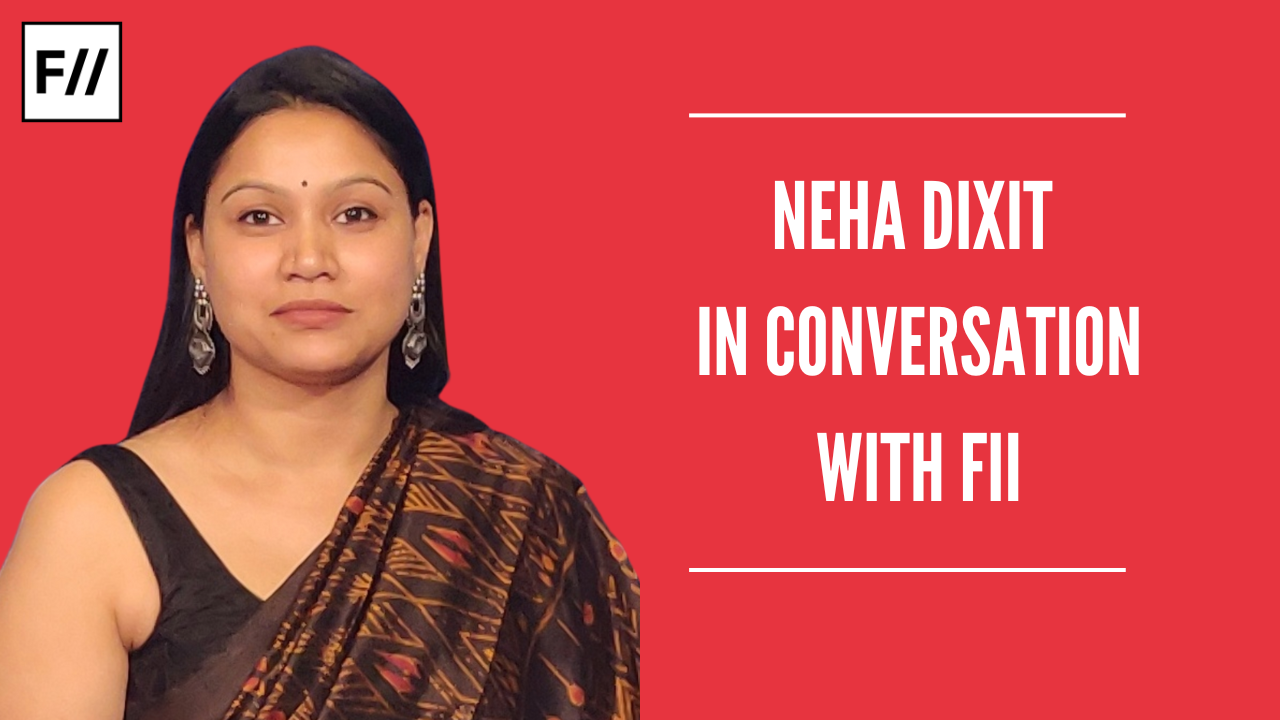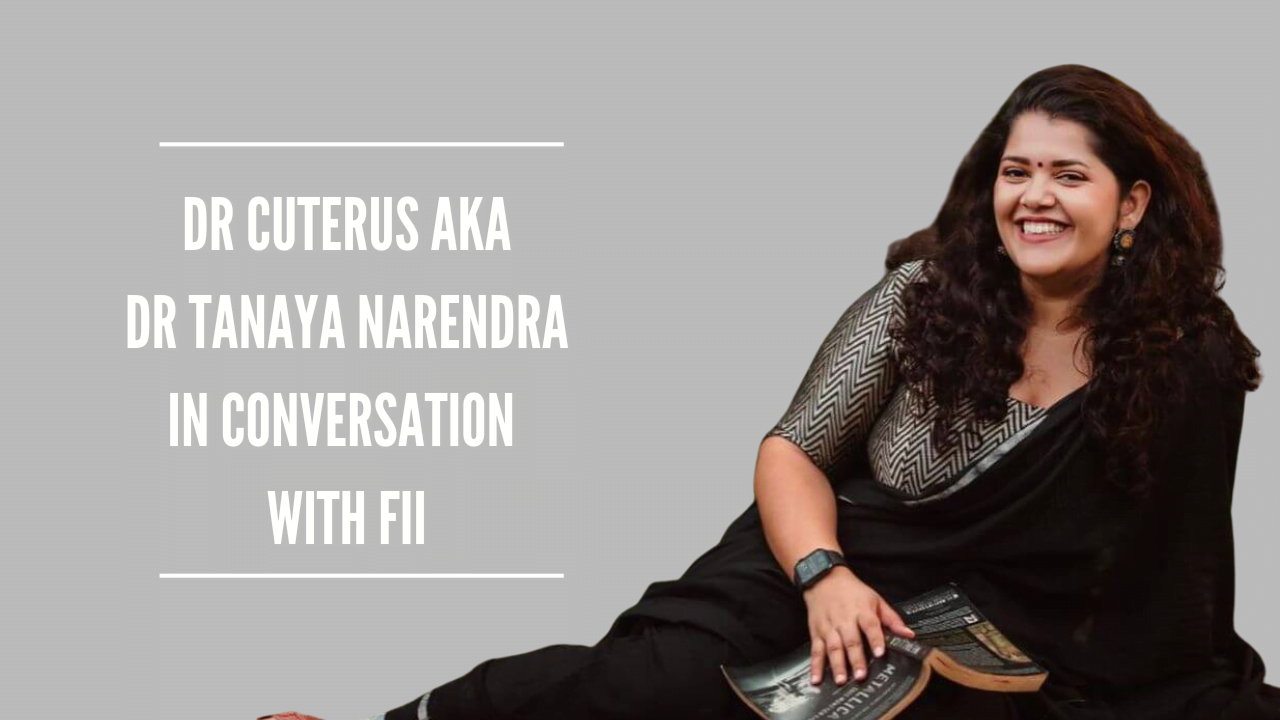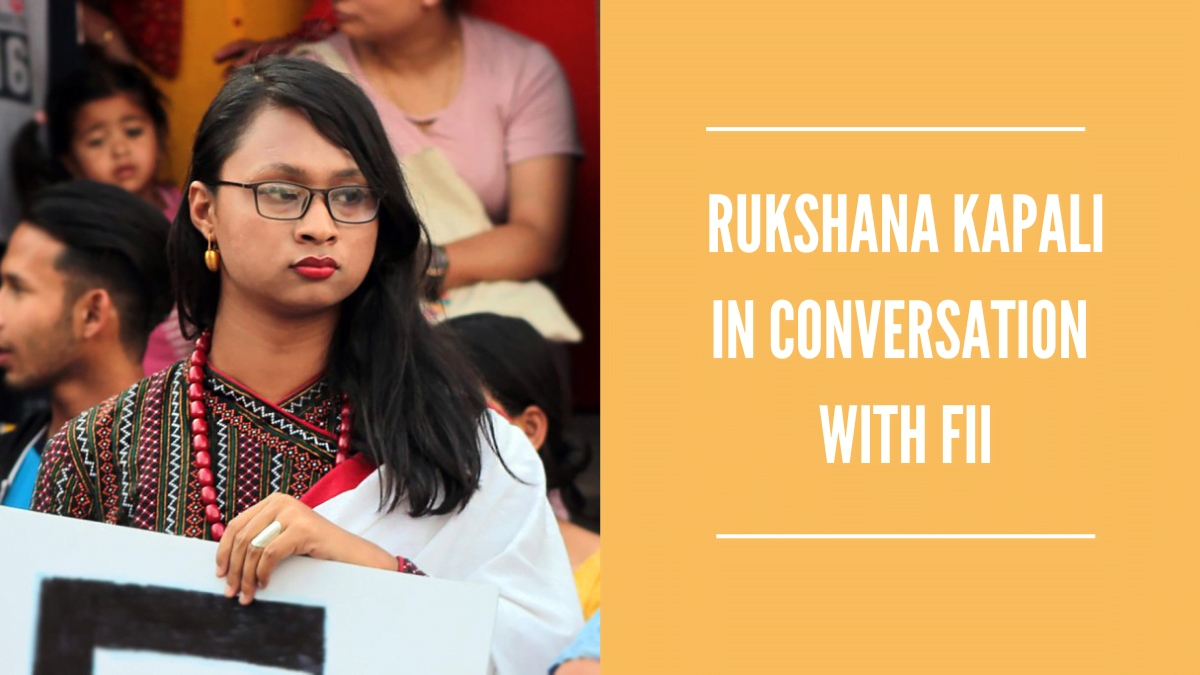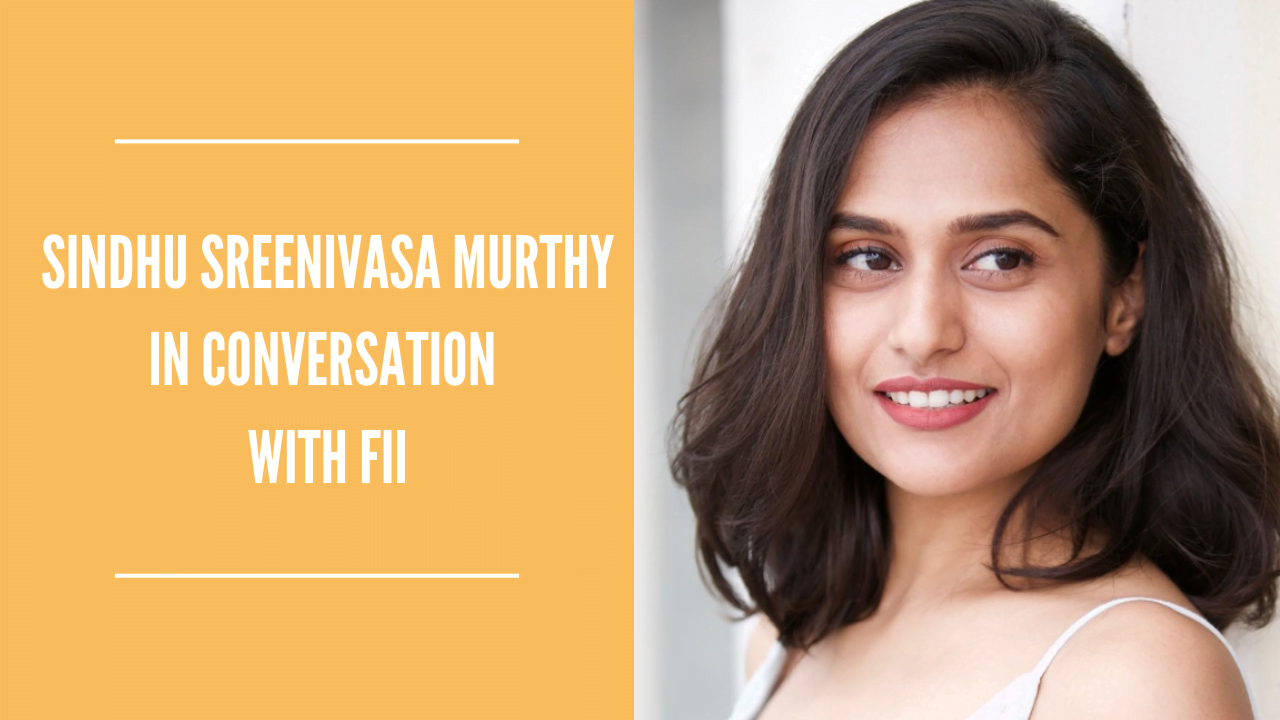Editor’s Note: FII’s #MoodOfTheMonth for January 2023 is Gender And Journalism. We invite submissions on this theme throughout the month. If you would like to contribute, kindly refer to our submission guidelines and email your articles to shahinda@feminisminindia.com
Trigger Warnings: Mentions and graphic descriptions of sexual assault and acid attacks
Neha Dixit is an Indian journalist based in New Delhi. She has extensively reported on and written about human trafficking, gender-based violence, police brutality, and the criminal justice system in South Asia, among many other important themes. Her ground news reports, opinion pieces and long-form articles have fetched her numerous national and international awards over the past decade including the CPJ International Press Freedom Award in 2019.
In this interview, she reflects upon her initial few years as a woman journalist, the challenges she has faced over the past decade and what she considers to be the future of South Asian journalism.
FII: What is it like being a woman in the field of journalism in India? Is there any incident that stuck with you during your career as a journalist in which you faced discrimination or dismissal by virtue of being a woman?
Neha Dixit: I’ve been a journalist for 15 years and have been working independently for the last 10 years. In both working full-time with mainstream organisations and working as a freelancer, it’s kind of complicated when you place it in the current social-political climate. Journalism is not removed from the society that is around us. The kind of patriarchal biases, and the kind of sexism that one faces as a woman are the same that percolate in mainstream media.
The very basic thing that matters for a journalist is the kind of stories that you get to report. Earlier, we used to hear all the senior women journalists say that 40 years back when there were no women in journalism, they were told to report only on flower shows and baby shows. Now, it has come a long way where somebody like me can do political stories.
Also Read: Cyber harassment, Trolls, And Cancel Culture: A Lingering Threat To Women And Queer In Journalism
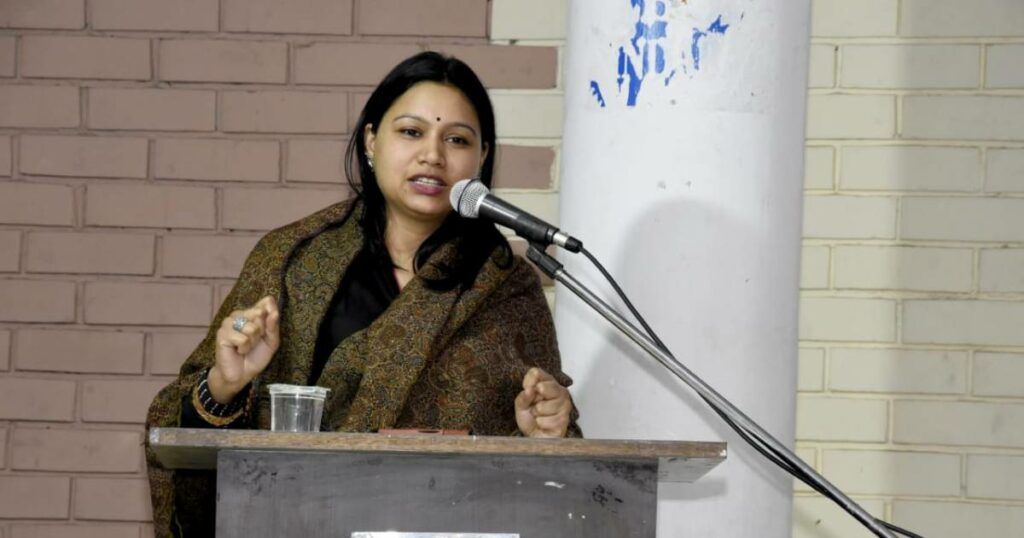
When I started out 15 years ago, I was a “young woman of 21 years of age” who was straight out of college. I remember I had gone to interview Sharad Yadav on women’s reservation and was wearing a pair of jeans and a T-shirt. He had already made some sexist statements against reservation for women and had said there will be “parkati” (short-haired) women in parliament. And then he saw me in this western attire and simply refused to talk to me. The fact that I was a young woman immediately scattered my chances at doing a sincere story and a serious political piece. A male journalist my age would have not been dismissed so easily if he was wearing a shirt or a pair of jeans.
So it starts with that and then gradually you keep working at it and there comes a point five years later when everybody’s like, “Okay, well, she can do that.” Earlier, when I would go to the field with the camera person or with the driver and speak to people, the men there would not give answers to my questions. If I would ask them something, they would respond to the cab driver or to the camera person instead.
There have been other odd incidents where a Khap panchayat person said, “Oh if you were from our community and were roaming around with some camera person, we would have just killed you and buried you.” So that kind of devaluation remains constant. If you are a woman, then they will not question whatever you reported, but they want to question everything around you.
See, I grew up in Lucknow. So no girl from my family had gone to any other city to study and my family wanted me to do medicine or engineering because that’s how we get married. When I said that I wanted to study journalism, and I wanted to come to Delhi, there was a huge problem because of your typical North Indian Brahmin, patriarchal, repressive sort of attitude. I was in Miranda house for three years and then I did my masters from Jamia.
But my father didn’t visit me for four years. Why I’m talking about this is because in spite of not having that kind of moral support from my family, I still come from a privileged background, because I’m upper caste, I was middle class, and I had gone to an English medium school. Right now, women Journalists in smaller towns face far worse.
Also Read: Women Journalists: Reporting Loss From The Global South
FII: What motivated you to focus on human trafficking in South Asia? Would you like to talk about the challenges you faced while reporting on trafficking in different Indian states? Additionally, what do you think needs to change in Indian society?
Neha Dixit: My training was very feminist in terms of my courses, my professors, and whatever I did. Each time we would talk about human trafficking, it would be about commercial sex trafficking. But when I started working and meeting a lot of people who were repatriation specialists, that’s when I found out that commercial sexual exploitation is just one part of trafficking. Around 2008, there was a lot of bride trafficking that used to happen in Haryana and Punjab, because the sex ratio had dipped due to the sex-selective abortions, and so women were called paros. They were bought and brought from Kerala and other states. One bride would be bought for many members of the same family. So it was really brutal and cruel.
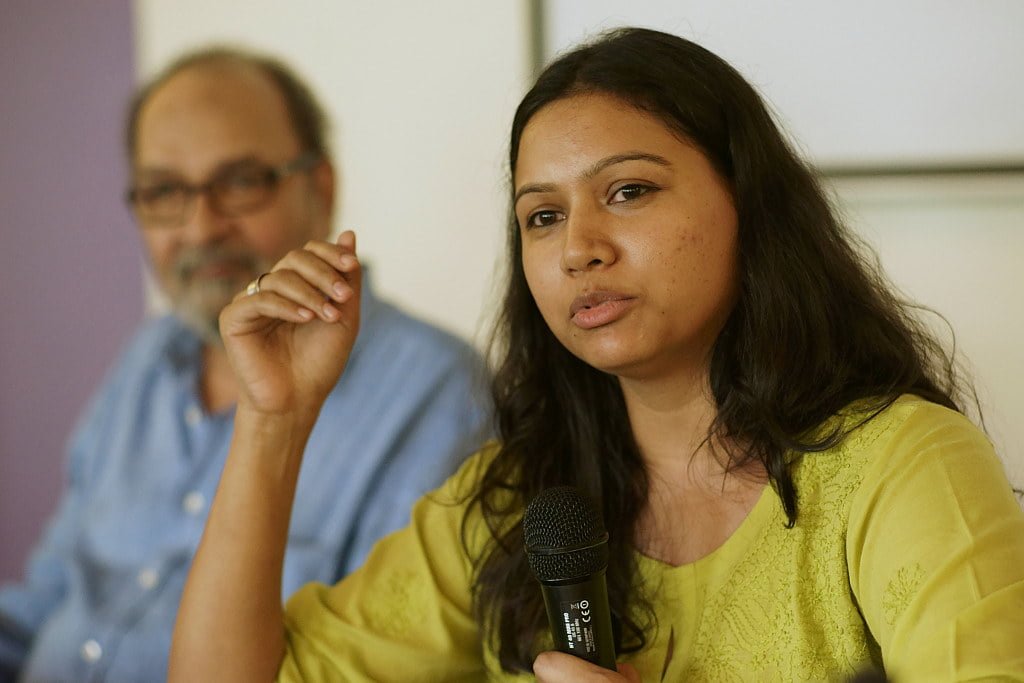
There was also trafficking for many placement agencies to bring women from tribal areas of Jharkhand and Chhattisgarh, Madhya Pradesh, to Delhi and place them as live-in maids in houses. Then I found out how there were child soldiers who were being used sometime between 2008 and 2010 when lots of Maoist coops were active in Jharkhand and Chhattisgarh. They were forcefully taking away children to use them as child soldiers. Why I’m saying this is because it’s all I realised that all of this is structural. And in a similar manner, I found the number of madrassas in Delhi. They were running sweatshops inside the madrassa compounds for children as young as 4, 5 or 6 who were brought by the madrassas in view of free housing and free food and free education. But inside the compound, they were working for Spykar jeans and Gap and making Adidas footballs and Nike footballs.
Also Read: The Many Dangers Of Being A Woman Journalist In Kashmir
In one study I did was that I found that there were 32 tribal women from tribal communities in Assam who were taken to Punjab and Gujarat for the purpose of indoctrination in political limbo. And so, I traced those girls and I also corroborated from there.
How we understand trafficking through popular cinema and through mainstream narratives is that some people are bought and then abused. But, apart from commercial sexual exploitation, we also need to see that anything that is happening around us in terms of a very dominant sort of political ideology also enables trafficking. It is very important to understand the various layers of traffic because when you talk about sexual violence, it is related to trafficking.
When you talk about women’s empowerment that’s also related to trafficking. When you talk about children as young as three or four being trafficked, that also talks about where they are coming from. An intersectional approach that trafficking brings is needed to understand things.
FII: You have faced quite a few legal troubles because of the social issues you have reported on over the past decade. How have you still managed to fearlessly continue reporting on these issues without getting intimidated?
Neha Dixit: I think it would be wrong to say that I have not been intimidated. In terms of legalities and threats, to me, they’ve been normalised. And to an extent, I’ve also been desensitised. It started in 2013 with all these long threats about how people plan to rape you, whether it’s going to be a steel rod, or whether it’s going to be a rosebush with thorns. But in 2016, these three cases were filed against me which have been going on since then and I have to go to Guwahati every two months. Apart from defamation cases, one case that they filed was of inciting communal hatred. Defamation cases were always filed against journalists, but now they’ve started filing criminal cases against us which are far more complicated in the court of law.
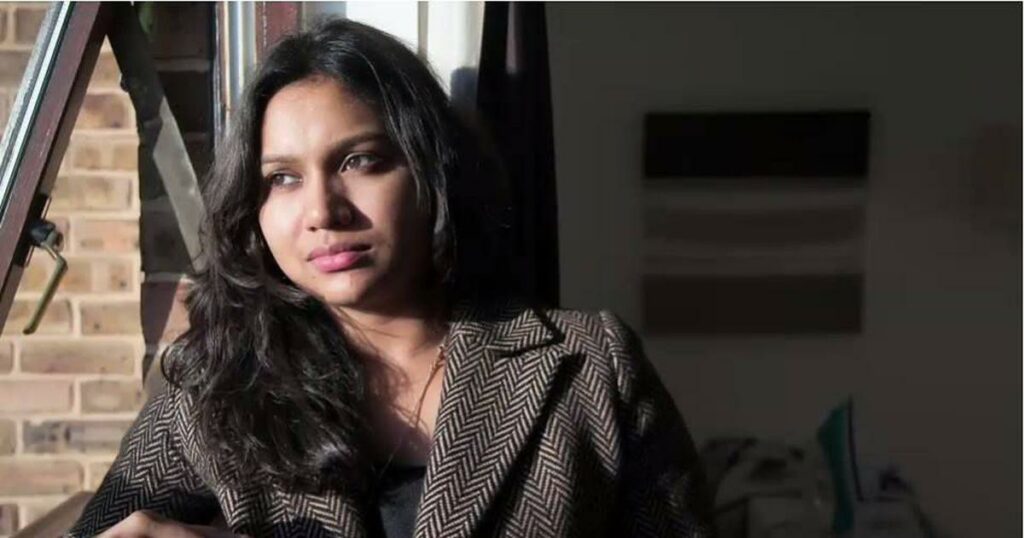
Coming to the intimidation part, that does not scare me so much because there are people who are in jail as we talk right now. What actually scared me more was when I got direct calls from top cops after I did a story on how the police were doing encounters and killing people with a clear motive to kill. They said, “We know where your mother lives, so why are you doing this?” When there is a threat to one’s family, that is what scares me. Whatever I face is fine, but my family members shouldn’t face something similar because of what I am doing.
What was also really bad for me in 2020 was that I was stalked for five months. I got phone calls from some 150-200 phone numbers where people would actually identify my physical location. They would call and say, “We can see that you’re standing in the balcony and we’ll be able to come and rape you,” or “We can see that you’ve just bought vegetables from the market, and we’re now going to throw acid on you.”
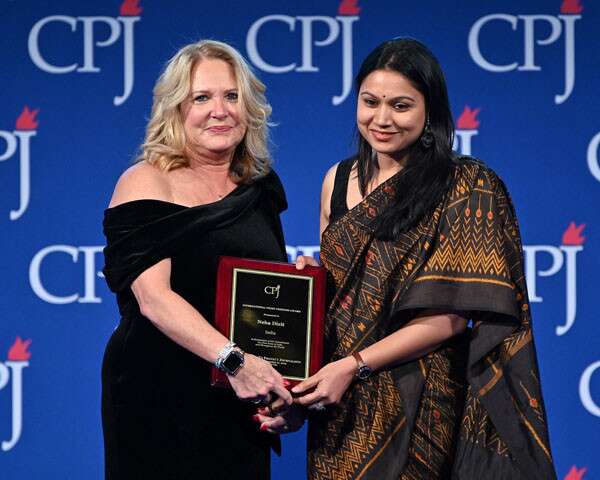
And then finally, somebody said the same thing on the 25th, of January 2021 they are going to enter my house and throw acid on my face. Saying that they tried to break into the house. That was scary because it plants a perennial doubt in your mind. For me, it was very difficult after that. Each time I would walk on the road, and see someone with a bottle that had some liquid in it, I had to actually put my hand like this (*places her hand over her chest) and tell myself, “It’s not acid.” You’re always in that state of fear and it takes a lot of work to tell yourself that.
FII: What are your thoughts on censorship and how have you managed to deal with it as a journalist? Moreover, how have you remained true to your values and political beliefs as a journalist in a country that often forces one to internalise the beliefs of majoritarian political groups?
Neha Dixit: They have tried to censor me and my work by filing these cases, right? They are trying to censor me by threatening me, stalking me, trying to break into my house, and trying to threaten my family members. So, there is censorship in the air where everything that you are writing, whether you are writing a tweet, a 12,000-word investigation over four months, a book, or making a film, everything is being censored. So that’s one larger sort of structural sort of censorship at work.
The other thing that is more dangerous and that bothers me is the kind of self-censorship where we are all censoring ourselves. When you fire three cases against me and you try to break into my house, the next time I want to pitch a story idea, I will think if I want to face another legal case and if I have the money to foot the bill of that case.
What has helped is that I have been a freelancer. I do hear from a lot of journalists that stories get killed inside the newsroom because they say they want to do a story and the editor says no. When I did my investigation on rapes in Muzaffarnagar during the riots in 2013, I did it for an organisation and they refused to publish it. I withdrew it and gave it to another one and it came out as a cover story. As a freelancer, I have learned to subvert the system and dodge censorship that is within newsrooms. If one doesn’t publish, I give it to the second. If the second doesn’t, I still know that the story will eventually come up.
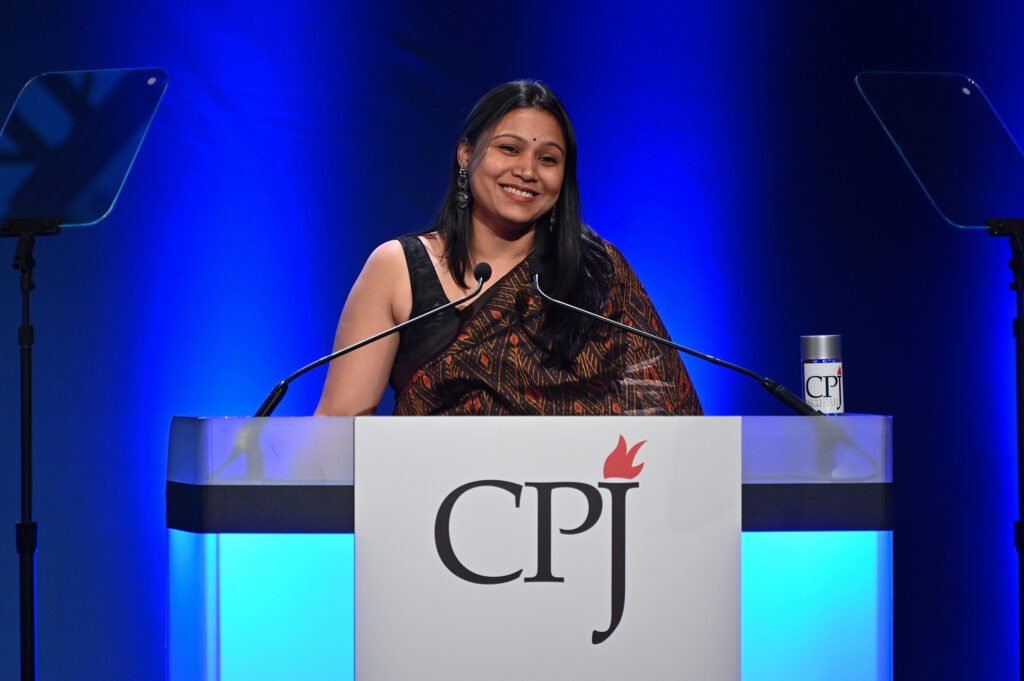
Of course, I have to tell myself every day that I can’t stop and that can only happen when you have a good support system. When you have people, friends, colleagues, and mentors who tell you “Go ahead and do it.” Without that support system, you cannot beat censorship. Something I miss about myself is that earlier, I would just go and do whatever I wanted to do in terms of my work. Now, I think before I go and that is the bit that bothers me.
FII: What, according to you, is the future of South Asian journalism for non-cis men who want to take it up as a profession?
Neha Dixit: Mine is an unpopular opinion, but I will still say it. I’m very hopeful about the way journalism is right now in the country. We see there’s a lot of corporate-political nexus in mainstream media, everything is being compromised, there are no ethics, people are being bought over and there is censorship at the same time, there is still resistance from the ground. There is a sort of decentralisation of democratisation of media that has happened. Also, because of various on-ground and off-ground movements and technology. So for example, I was covering elections in February last year, and I was in some village and Adamgarh and this old man came to me and asked, “Aap YouTuber hain?” (Are you a YouTuber?) and I said, “Nahi, mai patrakaar hu,” (No, I am a journalist). He replied saying, “Tab baat nahi karoonga!” (Then, I won’t talk to you).
Also Read: More Female Journalists Ensure Better Feminist Perspectives In Journalism
So, in a way, I was very happy, because why should you trust some person who’s come from Delhi, and who has their own ulterior motive? If you’re a YouTuber, they have more faith which indicates that people from their own vicinity, from their own communities, are coming up and reporting things that matter to them in a way that they best understand. In that way, I see many, many smaller media organisations, rooted in communities coming up everywhere, focusing on the needs of those communities, run by people from those communities. That is breaking caste, class, gender, all hierarchies that are possible.
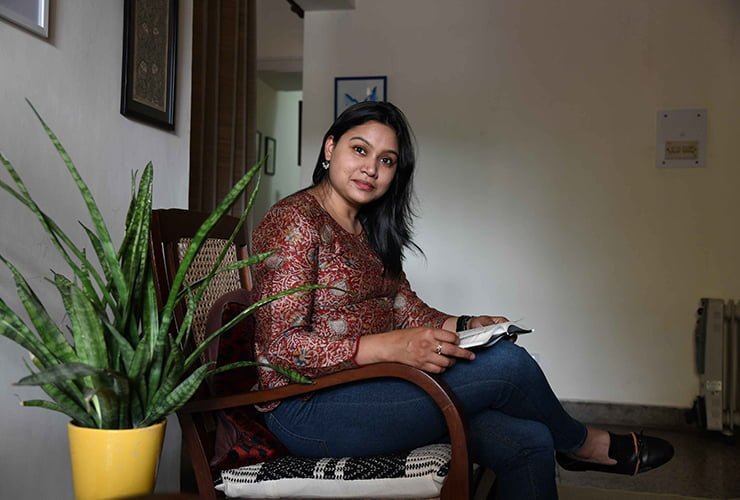
And so all these gatekeepers sitting in metropolitan cities, their game is over now. We’ve seen all the surveys where mainstream media is occupied by only upper-caste people, right? And so I’m very, very hopeful that it is changing, and it will further decentralise, further democratise. Also, in India, we have the largest population of neo-literates who are reading in their own language. So whatever intellectualisation and theoretical analysis you want to do in English, go and sit in your room because they are not going to read it. Report from the ground and that’s what people are going to read.
